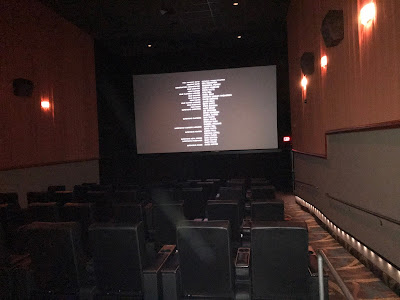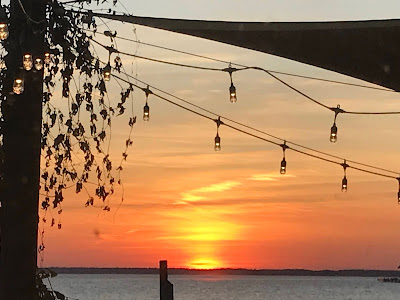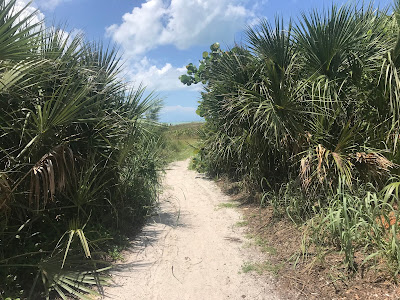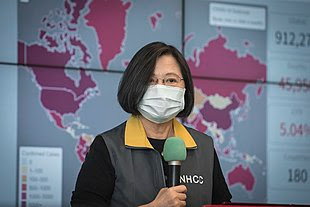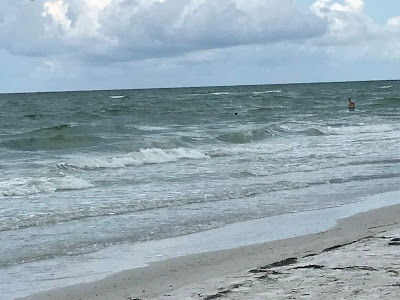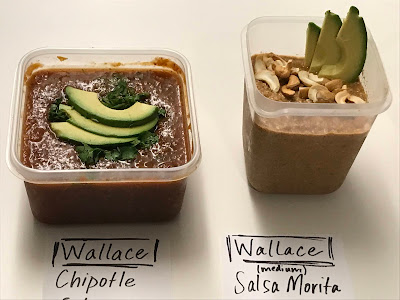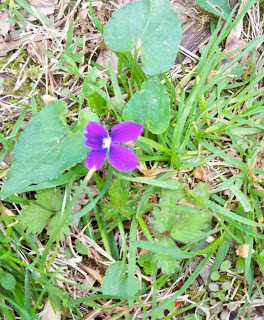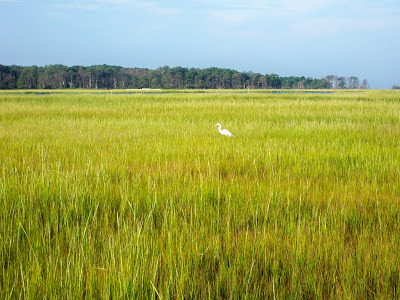Six Months
I snapped this photo of an empty movie theater after watching a film during Oscar season last winter. I didn’t know then that it would be my last visit to a theater in a very long time.
A lapse in theater-going is only the tip of the pandemic iceberg, of course. It dawned on me yesterday that today would mark six months since I last worked in my office. I had a conference elsewhere that week, so I put in a full day in the office on March 9 and attended a conference downtown March 10-12.
Everything changed on March 13. Shutdown orders were flying, quarantines were closing in. I managed to squeak in some errands, and even went to church that Sunday, March 15. But after that, I climbed inside and closed the hatch. Millions of others did the same.
And where are we now? There have been almost 6.5 million cases in the U.S. alone, and almost 190,000 deaths. Global cases are topping out at 27,615, 676, and the numbers are on the increase in most parts of the world.
Someday we will better understand this disease, someday we will have a vaccine for it. But until then, we isolate, mask and clean. It’s a new world — and we’re six months into it.
